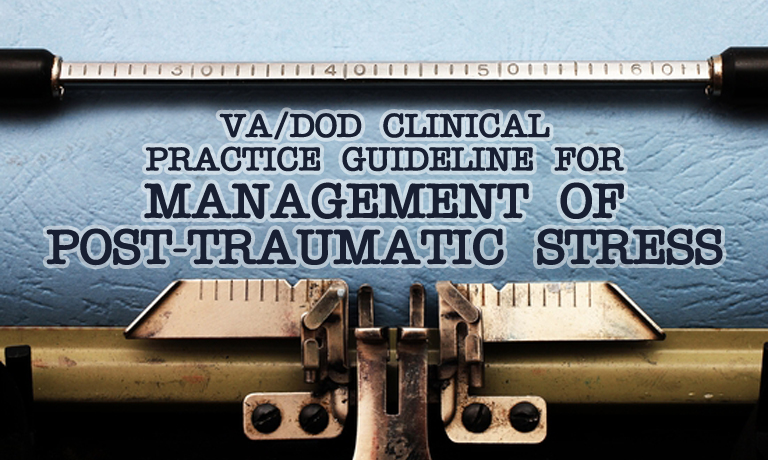OBJECTIVE
Prepare individuals and groups for exposure to potentially traumatic experiences in ways that minimize the likelihood of development of Post-Traumatic Stress Disorder (PTSD) and other trauma-related problems.
BACKGROUND
Because exposure to traumatic stressors is part of the expected work experience of some occupations (e.g., military personnel and emergency services workers), it is sensible to make efforts to prepare individuals in these professions for their encounters with traumatic events. This preparation is not explicitly undertaken in most workplaces, with some exceptions (e.g., some military training environments). To date, research has not examined our capacity to prepare individuals or communities for trauma exposure. However, general principles of preparation can be outlined that are consistent with theoretical models of the development of PTSD, research on risk factors for development of PTSD, and emerging concepts of
resilience and hardiness.
RECOMMENDATIONS
1. In high-risk occupations, for which the probability of trauma exposure is moderate or high, efforts should be undertaken to increase the psychological resilience of workers to the negative effects of trauma exposure.
DISCUSSION
Although little is directly known about our capacity to prepare individuals or communities for trauma exposure, it is possible to identify principles of preparation that are consistent with empirical research on risk and resilience factors and with current theories of PTSD development. Such pre-trauma preparation can include attention to both the ability to cope during the trauma itself and shaping the posttrauma environment so that it will foster post-trauma adaptation.
Some influential theories of PTSD posit that a process of classical fear conditioning can lead to development of chronic PTSD symptomatology. In this process, stimuli associated with the traumatic experience can elicit responses similar to those experienced during the trauma itself (e.g., intense anxiety). Other theories suggest that individuals who develop negative trauma-related beliefs (e.g., about personal guilt) will be more likely to experience continuing trauma reactions, because such beliefs will maintain a sense of threat and personal incompetence. Research on risk factors for PTSD indicates that post-trauma social support and life stress affect the likelihood of development of the disorder.
Protective factors have also been identified that mitigate the negative effects of stress. Research is beginning to delineate the psychological processes that moderate an individual’s response to stress and to explore training programs for increasing resilience to stress. Hardiness (Kobasa et al., 1982) is one personality factor that has been demonstrated to buffer against
traumatic stress and PTSD in military veterans (King et al., 1998; Bartone, 2000). Zach, Raviv & Inbar (2007) found that hardiness levels increased for Special Forces trainees over the course of a stressful training/selection program in which challenges were gradually more difficult, and leaders were consistently supportive and encouraged trainees to view failures as learning opportunities. Hardiness is characterized by three key attributes: ability to perceive control over life’s events; ability to make strong commitment to tasks; and ability to see stressful experiences
as a challenge to be overcome. Training programs, personnel policies, and leadership strategies that promote hardiness may thereby increase an individual’s ability to resist the negative effects of traumatic stress.

